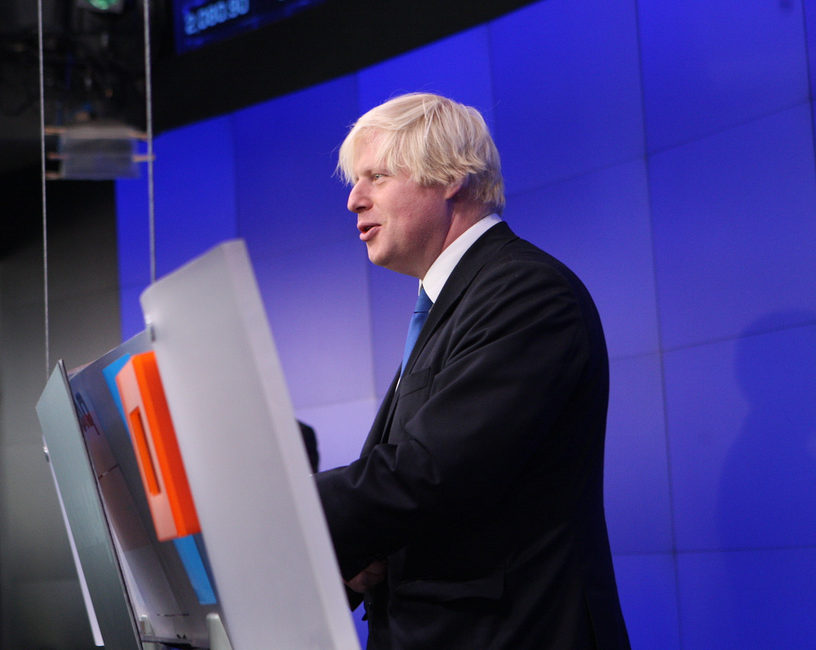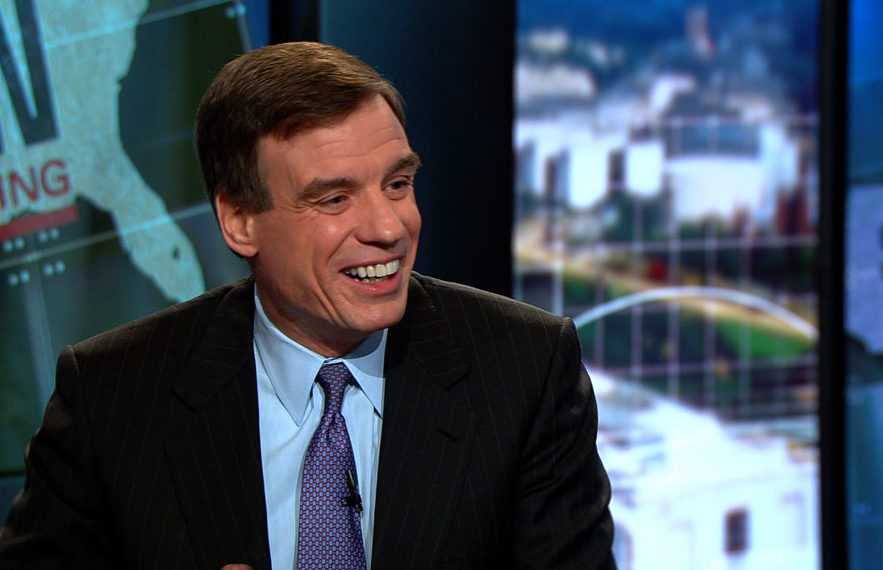On the first day of the legislative session, Republican and Democratic leaders laid out dramatically different visions for Virginia, offering a glimpse into some of the highest-profile policy debates likely to dominate the agenda for the General Assembly, as it enters its 400th year.
During the annual State of the Commonwealth address, Democratic Governor Ralph Northam laid out a list of liberal priorities, urging lawmakers to back his proposals for higher spending, strict gun control, repealing Virginia’s voter ID law, and establishing what he called a “fundamental right” to abortion.
Republicans, however, took a different approach.
In a joint response from the House and Senate GOP, Delegate Bob Thomas (R-Stafford) and Senator Steve Newman (R-Bedford) emphasized tax relief, bringing down high health care costs, and implementing the recommendations of the House Select Committee on School Safety.
“We plan to reduce the cost of health care for Virginia families struggling to afford higher insurance premiums,” said Newman, who chairs the Senate’s committee on Education and Health. “Virginians have endured skyrocketing skyrocketing out-of-pocket expenses that have accompanied the Affordable Care Act passed during the Obama administration. Too many Virginians find they simply can’t afford the premiums today.”
Newman said Republicans planned to introduce legislation aimed at lowering health care costs, including legislation expanding affordable group coverage, as well as bills allowing patients to purchase catastrophic or short-term coverage with more affordable premiums.
A number of these measures passed the General Assembly last year, only to be vetoed by Governor Northam, an avowed supporter of the Affordable Care Act, also known as Obamacare.
Undaunted, Newman said Republicans would continue the fight.
“Our health care initiatives will increase choice and lower the cost of available policies,” continued Newman. We plan to provide more Virginians with insurance coverage that their families can actually afford.“
Thomas, a freshman delegate, highlighted Republican proposals aimed at bolstering school safety and providing tax relief for 2.7 million Virginians, including the 600,000 middle class taxpayers impacted by Northam’s $1.2 billion tax hike.
“A few weeks ago the select committee presented a comprehensive set of recommendations to make our students and schools safer through threat prevention, improved mental health services, and increased training for school personnel and school security,” said Thomas. “Among the recommendations are proposals that would utilize the latest technology and school security and infrastructure equipment. Our goal is to employ every means available to keep dangerous individuals out of our schools.“
Following months of bipartisan work, the committee identified 24 priority recommendations in its 709 page report, many of which have already been introduced in the form of legislation.
Among the recommendations lawmakers will consider are improvements in mental health care, new threat assessment procedures, facilities improvements, and an expanded role for school resource and security officers.
Under the direction of Speaker Kirk Cox (R-Colonial Heights), a retired teacher who spent 30 years in the classroom, the committee did not consider any new restrictions on the Second Amendment rights of law-abiding citizens, preferring instead to focus on the root causes of school violence, as well as improving crisis response procedures to prevent another failure like that seen in Parkland, Florida, where a school shooter known to authorities killed 17 while deputies waited outside.
Thomas also highlighted Republican plans for tax relief.
“Republicans are committed to stopping Governor Northam’s tax hike on the middle class,” continued Thomas. “Our tax reform plan will return the tax windfall resulting from the federal tax cuts along to taxpayers while providing targeted tax relief to middle and low income Virginians and protecting our coveted triple-A bond rating.“
Lawmakers will consider these proposals and others in the 45 day session, scheduled to continue through mid-February.





